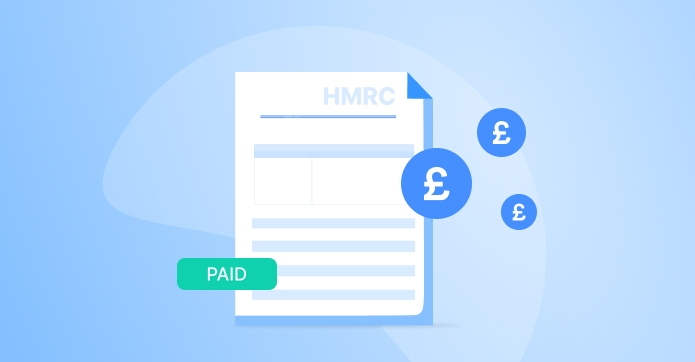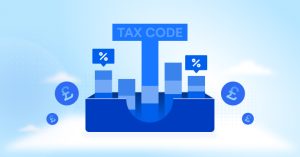With the cost of living constantly on the rise, it's no surprise that many people are turning to second jobs or additional income streams to make ends meet. According to Aviva, 1 in 5 adults in the UK has taken on extra work to increase their household income in 2023.
This trend has been further accelerated by the impact of the COVID-19 pandemic, which has left many individuals struggling to make ends meet due to job loss or reduced hours. As a result, having a second job has become a phenomenon in the past year.
However, it's important to note that earning additional income comes with certain responsibilities, including informing HMRC about any changes in your income. This is especially important for those who are self-employed or have a side hustle, as you may need to declare their extra income and pay taxes.
We hope this simplified guide helps you to increase your income, not your worries.
What`s Trading Allowance?
The Trading Allowance is a provision by HMRC that allows you to earn up to £1,000 from self-employment or casual jobs without having to pay taxes on it. This means that if you have a side job or gig that brings in less than £1,000 per year, you do not need to report it on your tax return or pay any taxes on it.
It's important to note that this allowance only applies to trading income and not other forms of income such as rental income or investment income. Additionally, if you earn more than £1,000 from self-employment or casual work, you will need to register for Self Assessment and report all your earnings.
Informing HMRC about additional income
HMRC has provided some examples of when you should inform them about your additional income sources. The following tax-free allowances are given, presuming you have a main job and these are your side-projects, otherwise, for your main job the tax-free allowance is £12,570.So, this is for you only if you are on a payroll or already a registered self-employed and doing one or some of these activities.
Selling Stuff Online or on Auction
If you sell items online or through auction sites such as eBay, Amazon, or Etsy and make a profit of over £1,000 in a tax year, you must inform HMRC.
To learn more about HMRC`s latest Online Sales Tax Rules on earnings on eBay, Vinted, Etsy, Airbnb etc, read our blog
Doing Casual Jobs
Whether it's gardening, dog walking, or babysitting, if you earn more than £1,000 per year from these casual jobs, you need to declare it to HMRC. This can also include delivery services such as UberEats or Deliveroo.
Charging Others For Using Your Equipment
If you rent out your equipment or tools and earn over £1,000 per year, it must be declared to HMRC.
Renting Out Property or a Part of Your House
If you own a property and rent it out for more than £1,000 per year, you need to inform HMRC. This includes renting out a room in your house or even just a part of your house for storage or your driveway, your garden etc.
Check the Rent a Room Scheme to learn more about Airbnb tax rules.
Social Media Content Creation
If you earn money from creating and posting content on social media platforms, such as sponsored posts or affiliate marketing, and make more than £1,000 per year, it must be reported to HMRC. If you register a social media platform like Instagram or TikTok and make money out of it, your additional income is objected to tax except £1000 tax-free allowance. This applies to all influencers, and content creators in every shape and size.
Conclusion
It is essential to be aware of the trading allowance and its implications when it comes to informing HMRC about your additional income. Failure to report your extra earnings can result in penalties and interest fees, so it's important to stay on top of your tax responsibilities. Keep track of your side jobs or gigs, and be sure to inform HMRC if you exceed the £1,000 tax-free allowance. Check if you need to tell additional income to HMRC here













